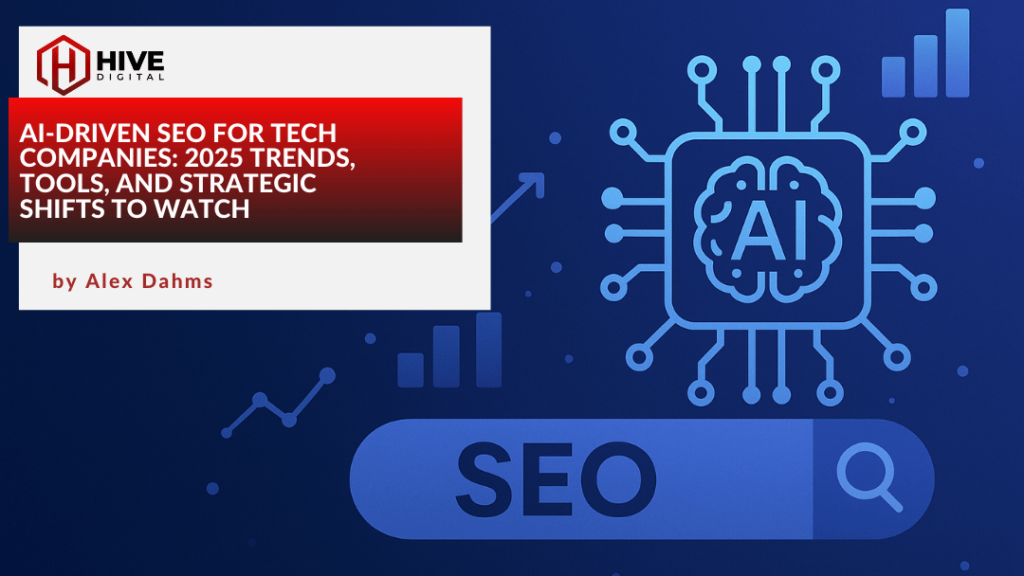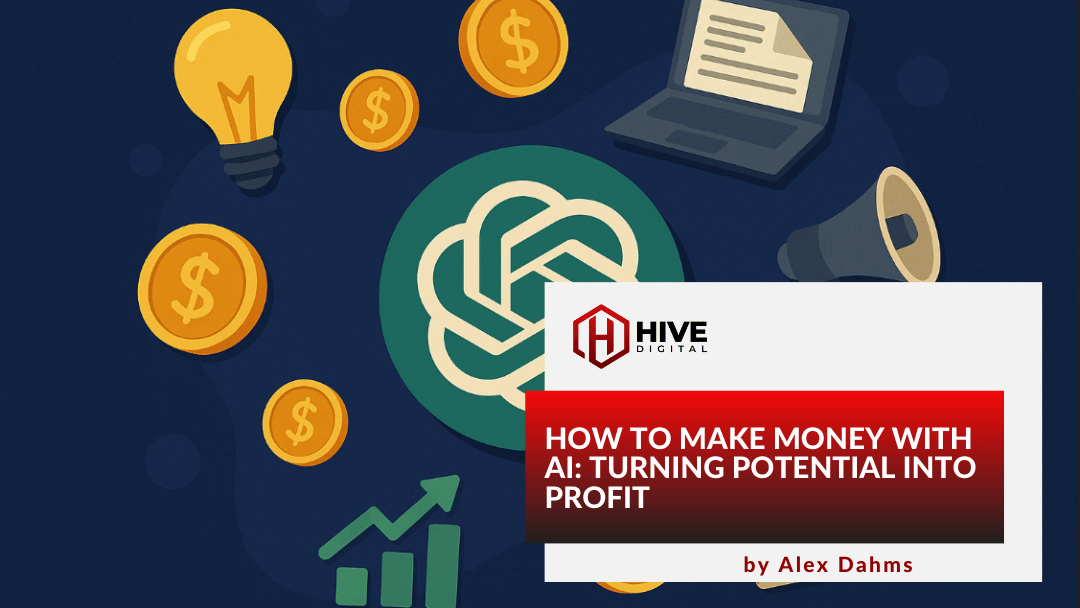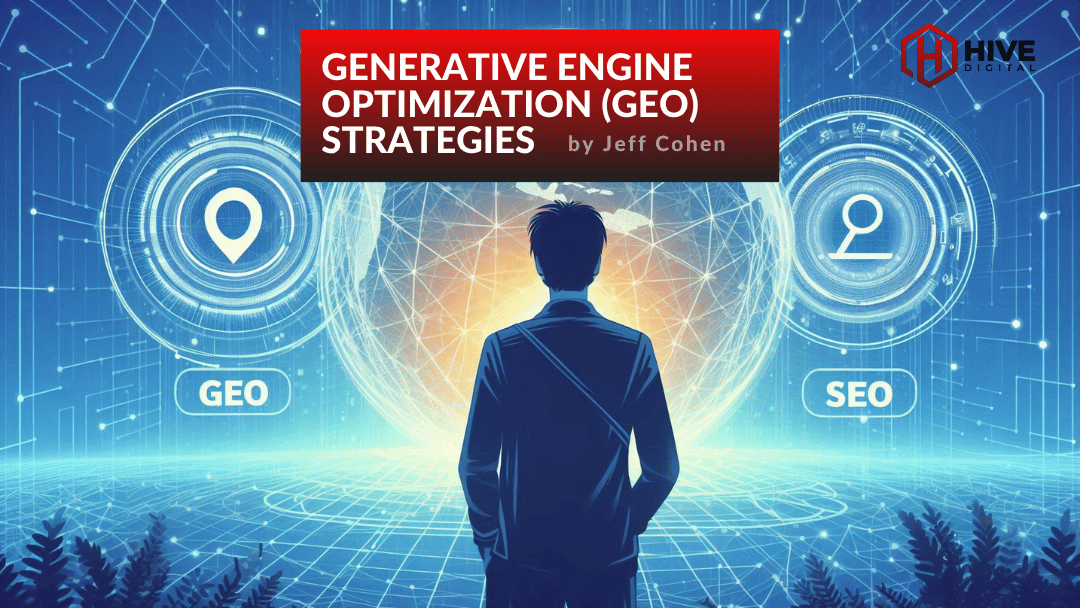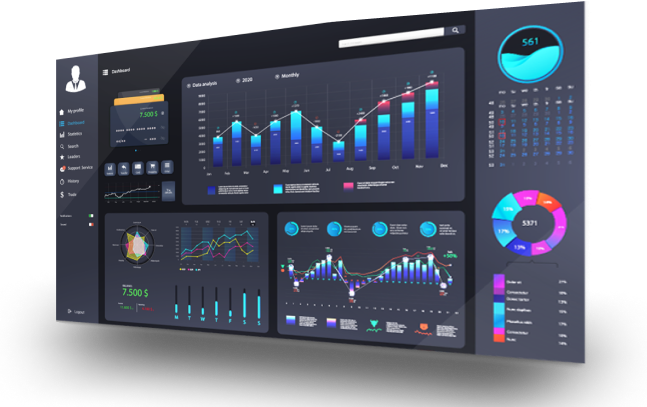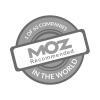If you understand the search engine optimization game, you are likely aware that it is an ever-changing craft now largely led by artificial intelligence, though brushing up on familiar strategies in technical SEO and data analysis is still as relevant as ever. For tech companies aiming to dominate organic search in 2025, the SEO approach must evolve to meet changing algorithms, platform behaviors, and user expectations.
Marketing directors at high-growth tech firms face mounting pressure to align SEO with larger business objectives while keeping pace with innovations like AI-powered SEO tools, voice and visual search optimization, and E-E-A-T content frameworks. This guide outlines the key developments that will define SEO success for the tech sector this year—and the tools to implement them.
AI’s Expanding Role in SEO Strategy
I remember the days when ChatGPT would use the word “crucial” over 15 times in a short blog article I wanted to outline. However, artificial intelligence is no longer confined to mere content generation or chatbots these days, it’s now reshaping how search engines evaluate content, and how marketers execute their campaigns. Algorithms increasingly rely on machine learning to interpret intent, assess quality signals, and prioritize content that reflects Expertise, Experience, Authority, and Trustworthiness (E-E-A-T).
AI-driven platforms like Clearscope, Surfer SEO, and MarketMuse have become indispensable for SEO teams at tech firms. These tools ingest large datasets to recommend keyword targets, structure content, and analyze competitive SERPs at scale—tasks that would otherwise demand hours of manual analysis.
But AI also plays a central role in search engine algorithms themselves. Google’s continued rollout of systems like MUM and RankBrain reflects a deeper focus on semantic relationships and contextual relevance. As a result, keyword stuffing and thin content have lost any remaining influence. Tech marketers must now produce content that demonstrates industry-level authority while also satisfying AI’s demand for contextual integrity.
Technical SEO Developments Every Tech Marketer Should Monitor
Tech companies have a unique advantage in SEO—engineering resources. But that edge gets lost when technical SEO is treated as a one-time fix instead of a persistent growth lever.
In 2025, key technical areas include:
- Mobile-first indexing: As mobile usage outpaces desktop, ensuring seamless performance on mobile devices is now mandatory. Google evaluates mobile versions of websites first for indexing and ranking.
- Core Web Vitals: Site speed, interactivity, and visual stability continue to influence rankings. Technical audits must prioritize these metrics—not just for compliance, but for performance.
- Structured data implementation: Rich snippets, knowledge panels, and entity association help search engines understand your brand and products better. Tech firms should take full advantage of schema to enhance visibility.
- JavaScript rendering: SPAs and JavaScript-heavy frameworks must be properly rendered to avoid crawl and indexing issues. Server-side rendering or hydration strategies may be necessary depending on the stack.
Neglecting these areas restricts visibility no matter how strong the content strategy may be.
Voice and Visual Search Optimization
Tech-savvy buyers increasingly engage with search beyond the keyboard. Voice search optimization has gained traction as devices like Google Home, Alexa, and Siri change how queries are phrased. These searches tend to be more conversational and localized, and the results are often zero-click answers.
Optimizing for voice search involves structuring content around natural language queries, question-based headings, and concise, direct answers. Pages that earn featured snippets or occupy “position zero” frequently dominate voice-based results.
Visual search also presents growing opportunity, particularly for B2C tech products, smart devices, and consumer hardware. Platforms like Google Lens and Pinterest Lens prioritize high-resolution images paired with structured data. Including alt text, image sitemaps, and schema markup increases the likelihood that visual content contributes to organic discovery.
Prioritizing User Experience as a Ranking Signal
Search engines no longer assess websites solely on metadata or backlink profiles. In 2025, user experience (UX) and SEO are fully interlinked. Factors such as dwell time, bounce rate, mobile responsiveness, and ease of navigation influence performance across both technical and content-focused metrics.
This shift creates an opportunity for marketing directors to collaborate with product and UX teams. Aligning SEO with CRO (conversion rate optimization) efforts yields stronger engagement metrics and supports revenue goals—an outcome leadership cares about far more than raw traffic.
UX improvements that directly support SEO performance include:
- Reducing page load time
- Minimizing intrusive interstitials or unnecessary redirects
- Streamlining navigation and internal linking
- Eliminating visual clutter and prioritizing scannability
These enhancements not only improve rankings but also boost conversion rates, making them a high-leverage area for resource-limited teams.
Top SEO Tools for Tech Marketers in 2025
If you want to compete, tech companies must standardize their SEO operations with tools that scale. In 2025, the most impactful platforms are those that leverage AI and integrate across content, analytics, and technical functions.
Recommended platforms for tech companies include:
- Surfer SEO: Assists with content scoring, SERP analysis, and NLP keyword optimization
- Screaming Frog & Sitebulb: Advanced technical auditing for medium to large websites
- Ahrefs / SEMrush: Keyword research, backlink intelligence, and competitor monitoring
- Clearscope: Content optimization powered by AI-driven SERP modeling
- Google Search Console + GA4: Core performance and indexing monitoring
- JetOctopus: High-speed crawling and log file analysis for enterprise sites
These tools provide not just data, but clarity—helping SEO leads prioritize what matters and automate what doesn’t.
Looking Ahead: The Future of Enterprise SEO for Tech
For tech companies, SEO in 2025 demands alignment with business intelligence, product development, and AI-driven decision-making. The most effective strategies will fuse technical rigor with content credibility, while remaining agile enough to respond to evolving algorithm behavior.
Marketing directors must lead this transition by embracing data analytics in SEO decision-making, adapting to AI-influenced algorithms, and embedding SEO into product and engineering workflows. The days of treating SEO as a content silo are over.
The companies that outperform this year won’t be the ones with the biggest link profiles. They’ll be the ones who understand where AI enhanced SEO tactics fit in the architecture of digital growth—and who can act on that insight faster than their competition.

